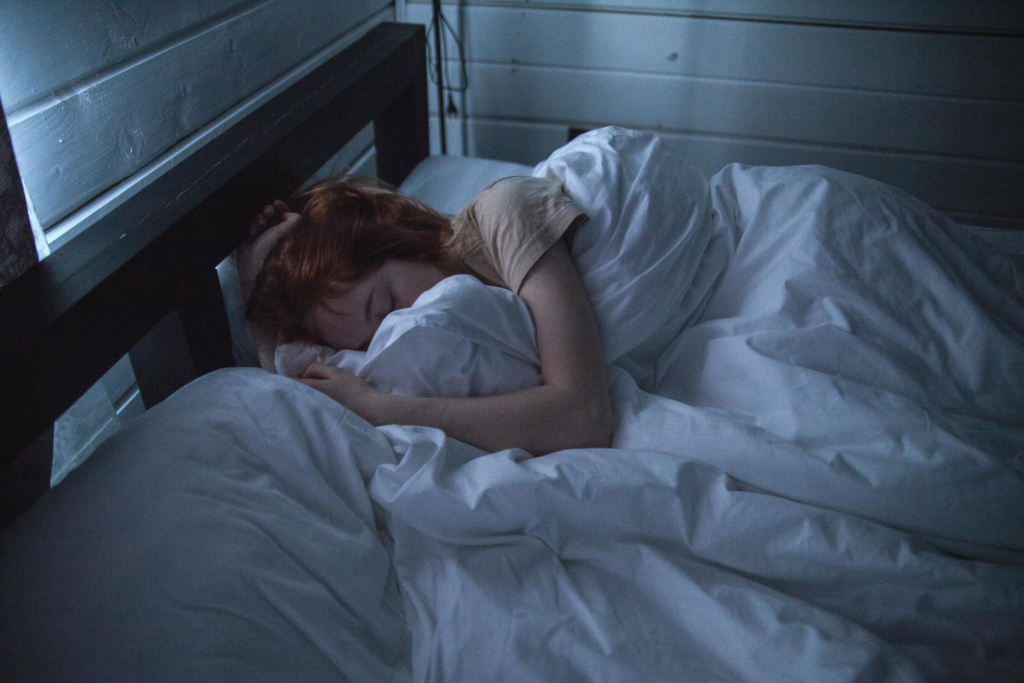
Table of Contents
- Introduction
- What is World Sleep Day?
- World Sleep Day 2025 Theme
- A Quick Look at the History
- Why Sleep Deserves a Global Day
- How Poor Sleep Affects Us
- How to Celebrate World Sleep Day
- Final Thoughts
1. Introduction
In a world that never hits pause, sleep has become a luxury rather than a necessity. But once a year, we’re reminded that rest is not just important—it’s essential. World Sleep Day 2025 is that reminder. It’s more than just a date on the calendar; it’s a global call to close our eyes… and open our minds to healthier sleep habits.
2. What is World Sleep Day?
World Sleep Day is an annual awareness event that brings global attention to the importance of good sleep. Held every March, just before the spring equinox, it encourages better sleep practices and raises awareness about sleep-related issues that often go unnoticed.
Organized by the World Sleep Society, the day unites sleep professionals, health advocates, and the public to shine a spotlight on what often happens behind closed eyelids.
3. World Sleep Day 2025 Theme
The official theme for World Sleep Day 2025 is:
“Sleep is a Pillar of Health”
This theme re-emphasizes that sleep is just as critical as diet and exercise. In today’s hustle culture, sleep is often the first to be sacrificed. The theme urges everyone—from CEOs to school kids—to treat sleep like the vital health habit it is.
4. A Quick Look at the History
World Sleep Day started in 2008, initiated by a group of dedicated sleep medicine professionals. Since then, it has grown into a movement that spans over 70 countries, with events ranging from sleep fairs to social media campaigns and community workshops.
It’s not about promoting naptime—it’s about scientific education and real-world action.
5. Why Sleep Deserves a Global Day
Sleep is the unsung hero of health.
We celebrate fitness, nutrition, mental health—but what about the one activity that allows all of these to function properly?
Lack of quality sleep is linked to:
- Increased risk of heart disease and stroke
- Weakened immunity
- Poor concentration and productivity
- Depression and anxiety
World Sleep Day isn’t just a health campaign. It’s a wake-up call for better nights.
6. How Poor Sleep Affects Us
Not getting enough sleep doesn’t just make you cranky. It can lead to:
- Microsleeps (brief, uncontrollable naps during the day)
- Cognitive decline (especially over time)
- Workplace accidents and errors
- Higher health costs for individuals and employers
Sleep isn’t a passive act—it’s one of the most active things your body and brain do.
7. How to Celebrate World Sleep Day
This year, go beyond just reposting a quote. Try these ideas:
- Audit your sleep routine: Do you sleep at the same time each night? Is your bedroom sleep-friendly?
- Host a sleep challenge: Invite family or coworkers to track sleep for 7 days and compare results.
- Educate: Share tips, host a webinar, or start a conversation around sleep myths and facts.
- Go tech-free before bed: One day of digital detox can improve your sleep quality.
This World Sleep Day, let your actions speak louder than your yawns.
8. Final Thoughts
World Sleep Day 2025 reminds us that sleep isn’t laziness—it’s life support. In a world full of deadlines, scrolling, and screen time, choosing rest is a radical act of self-care.
Sleep well, live better—and remember: the world doesn’t need you to stay awake longer, it needs you to wake up healthier.

